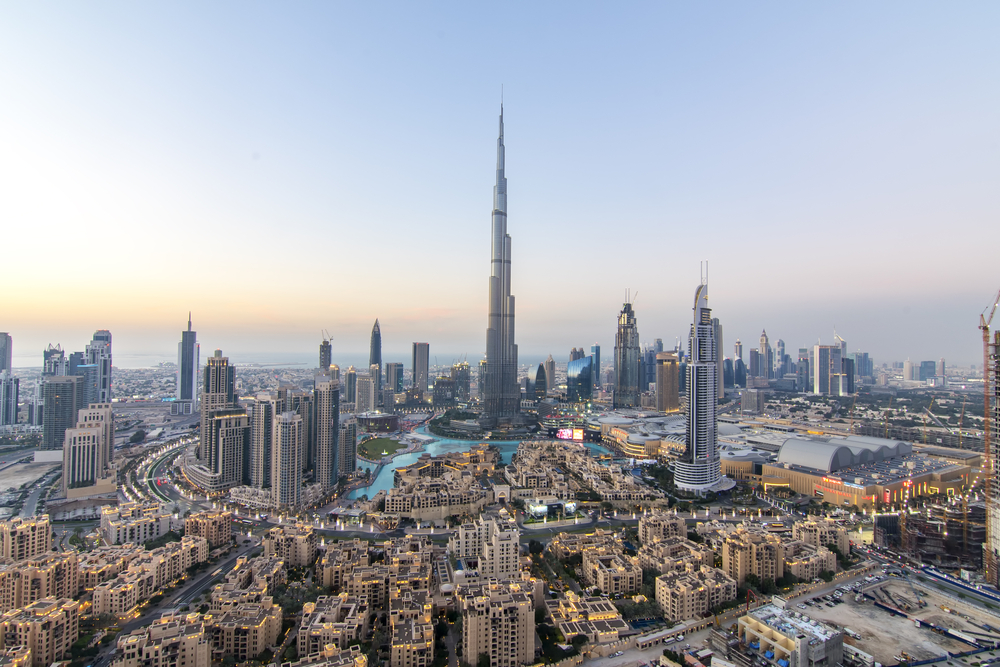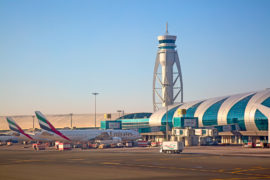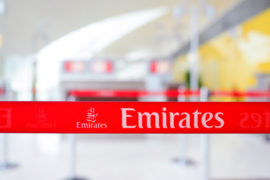The famous malls in Dubai in the United Arab Emirates are being shut down and all passenger flights have been suspended to and from the city, capping off a number of shutdowns in formerly thriving sectors that serve as the emirate’s economic lifeblood.
The moves have been taken to stem the spread of the coronavirus, with the closing of airports to commercial flights, restaurants restricted to home deliveries, and shopping centre closures coming just days after foreigners were barred from entering the UAE.
Dubai’s enormous malls were left next to empty just hours after the announcement, though the shutdown will only come into force today.
Dubai has the Gulf’s most diversified economy, with 94% of its public revenues coming from sources not related to oil and which also account for most of the city’s gross domestic product.
The emirate has also positioned itself as an international hub for finance, trade and tourism, and has one of the region’s largest real estate markets.
As many as 16.8 million visitors came to Dubai in 2019, but tourism outlets have now been completely closed down, and this has had a massive impact on hotels and numerous entertainment and dining facilities.
The biggest carrier in the Middle East, the Dubai-based Emirates, was responsible for transporting around 90 million passengers in 2019.
Dubai Airport also maintained its status as the largest airport for international passengers, dealing with as many as 89 million travellers.
After the announcement was made about the airports, Emirates made the decision to have all flights suspended by 25th March, while Etihad, which is based in Abu Dhabi, also announced a temporary halt to all flights to and from there.
A stimulus package worth as much as $35bn has been announced by the UAE – this will include support for a number of different sectors as well as stock market injections.
The attempts to keep the coronavirus in check look set to hit all tourist sectors across the Middle East and North Africa hard, according to Capital Economics.
Tourism accounts for as much as 12.5% of GDP in a number of countries in the Middle East, with the UAE being no exception, a report from the London-based consultancy firm states.
Dubai is particularly vulnerable to the hit being taken by the sector, particularly because the shutdown is happening at the peak arrivals time for the emirate, when the climate is welcoming and cooler than the summer.
Tourism spending in Dubai in 2019 was the largest in any city in the world, according to statistics from Mastercard, the report says.
Travel restrictions are likely to continue until the close of Q2 2020, and this will likely see an estimated downturn in tourism sectors that will directly cut a minimum of 2% off this year’s GDP, Capital Economics is predicting.
The closures are also happening at a time when Dubai is getting ready for Expo 2020, which is scheduled to begin in October.
Anyone who is still hoping to travel to the UAE later in the year should take out travel insurance to guard against flight cancellations or delays.




